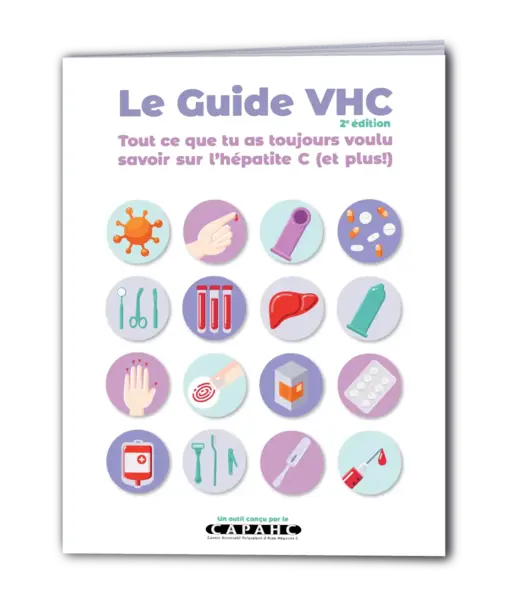Your reference for hepatitis C in Quebec
Manifestations and symptoms of HCV
What are the signs and symptoms of HCV? Acute HCV infection may manifest itself as a viral syndrome (difficult to recognise) or, more rarely, as jaundice, but in most cases it goes unnoticed. It should be noted that the presence of jaundice is associated with a greater likelihood of spontaneous clearance of the virus (50%).
A chronic hepatitis C is asymptomatic in most cases. The main symptom is fatigue. In rare cases, other extra-hepatic symptoms are observed:
- Rhumatological: arthralgia, arthritis, myalgia;
- Renal: chronic renal insufficiency, glomerular involvement;
- Endocrine: insulin-resistance, type 2 diabetes;
- Cardiovascular: increased cardiovascular mortality, increased cerebral and cardiovascular events;
- Oncological: hepatocarcinoma, intrahepatic cholangiocarcinoma;
- Dermatological: purpura rash, Raynaud’s disease, cutaneous vasculitis, pruritus.1
At advanced stages, there can be signs of decompensation associated with cirrhosis such as ascites, encephalopathy, jaundice or even gastrointestinal bleeding caused by ruptured esophageal varices.
Hepatitis C is most often diagnosed by targeted screening based on risk factors or by chance discovery. Most hepatic diseases don’t display major symptoms before the decompensated cirrhosis stage.





